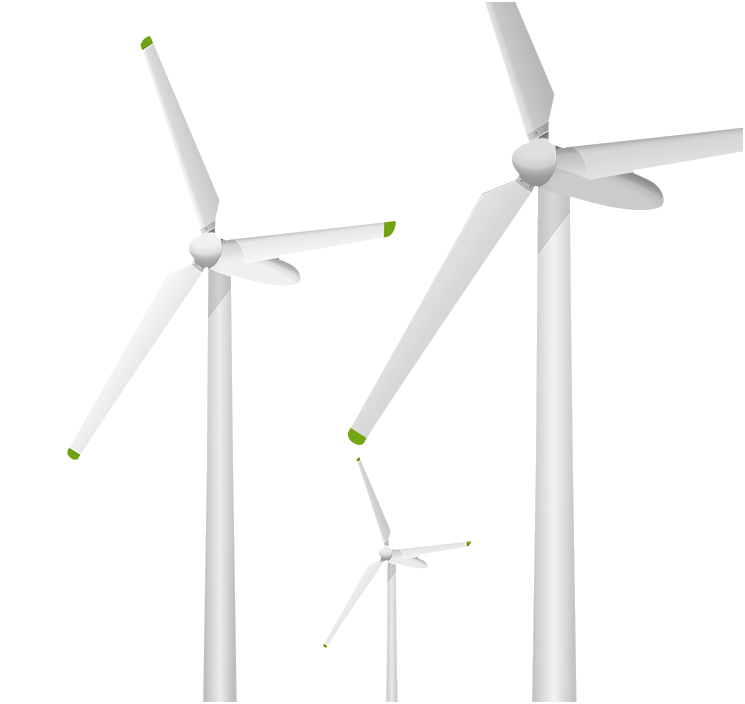Get In Touch With Us
Be Engery Independent with
Phoenix Solar Solutions
We drive the transition to more sustainable, reliable & affordable energy systems.

Phoenix Solar: Your path to Energy Independence begins here.
Solar lighting systems harness energy from the sun to power lights, eliminating the need for traditional electricity sources. Consisting of solar panels, batteries, and LED lights, these eco-friendly systems provide sustainable illumination for various applications, such as outdoor lighting and street lamps.
A solar Lighting system consists of the following major components
The solar panel is the component that converts sunlight into electrical energy. It is made up of multiple photovoltaic cells that generate DC electricity when exposed to sunlight.
The charge controller regulates the flow of electrical energy between the solar panel and the battery. It prevents overcharging and over-discharging of the battery, which can damage the system.
The battery is used to store the electrical energy generated by the solar panel during the day. It provides power to the light during the night or when there is insufficient sunlight.
The mounting structure is used to secure the solar panel and light fixture in place. It can be a pole, wall mount, or other type of structure.
The light fixture is the component that produces light. It can be an LED or a conventional light bulb, depending on the application.
Some systems may include additional components such as monitoring systems, batteries for energy storage, and surge protectors.
Solar lighting systems harness sunlight to generate electricity for illumination. Comprising solar panels, batteries, and LED lights, these systems store energy during the day, converting it into power for lighting at night. The solar panels absorb sunlight, charging the batteries that provide energy for the LED lights.
Environmentally friendly and cost-effective, solar lighting systems are commonly used for outdoor lighting, streetlights, and off-grid locations. They offer a sustainable alternative, reducing reliance on traditional power sources and contributing to a cleaner, greener future.
During the daytime, the solar panels in the lighting system collect sunlight and convert it into electrical energy, which charges the batteries. The amount of electrical energy generated by the solar panels depends on the intensity of sunlight and the angle and position of the solar panels. During this period, the light fixtures are typically turned off or operate at low power.
As the sun sets and the amount of sunlight decreases, the solar panels generate less electrical energy. However, the batteries in the lighting system are typically fully charged by this time, and the light fixtures can be turned on. The light fixtures are powered by the electrical energy stored in the batteries and can operate at full brightness or a reduced brightness level depending on the design of the lighting system.
During the nighttime, the solar panels do not generate any electrical energy as there is no sunlight available. The light fixtures are powered solely by the electrical energy stored in the batteries. The batteries are designed to provide power to the light fixtures throughout the night, and the light fixtures typically operate at a reduced brightness level to conserve energy. The charge controller in the system ensures that the batteries are not over-discharged, which can damage the batteries and reduce their lifespan.
We drive the transition to more sustainable, reliable & affordable energy systems.
